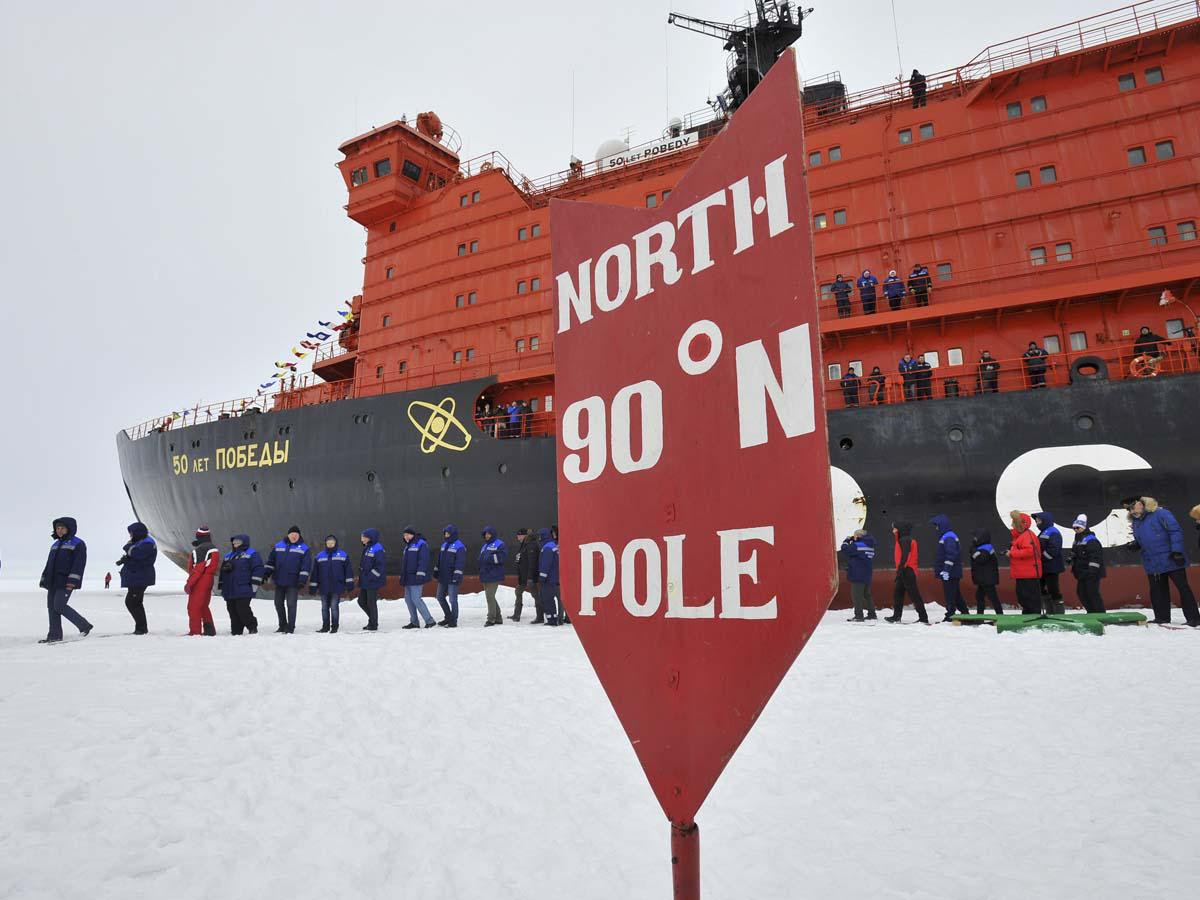This is our first visit to Denmark's Polar Portal and their sea ice thickness map for this ice season.
The ice is in very good shape which is a problem for shipping. Last year we were going on about the two plugs that slow the flushing of ice into the North Atlantic, in particular the plug in the Bering, Chukchi, and Siberian seas, top center in the map. That plug held longer than it has in years meaning less ice was pushed out through the other side, the Fram Strait between Svalbard and Greenland.
In fact, in Mid-May the ice was so thick, and extended so far that it trapped a large pod of Beluga whales around that easternmost point of the contiguous Eurasian landmass.
And here is the current situation:
The problem is that 1.5 to 3 meter thick ice hugging the Russian coast top right.
And here are the last three stories The Barents Observer has published on the mess along the Northern Sea Route:
November 8:
A critical situation might be in the making on the Northern Sea Route
An early freeze has taken shippers by surprise and a big number of vessels are in danger of getting stuck in thick sea-ice.
More than 20 vessels are either stuck or struggling to make it through increasingly thick sea-ice on the Northern Sea Route.....
November 10
Two icebreakers are on the way to rescue ice-locked ships on Northern Sea Route
But some of the vessels will have to wait for at least one week before they are released from captivity in the remote Arctic sea-ice.
Arctic shippers eye release from Russian ice captivity
The 15 ships that for the last two weeks have been ice-locked in Russian Arctic waters see release coming as a second icebreaker makes its way into the East Siberian Sea.
Diesel-powered icebreaker Novorossisk early this week made its way into the Chukchi Sea with course for the ships that are battling to make it out of the sea-ice in the East Siberian Sea.
The vessels, among them an oil tanker and several fully loaded bulk carriers, have been captured in thick sea-ice in the far eastern Arctic waters since early November as an early freeze took captains and shipping companies by surprise.
Over the last weeks, only one icebreaker, the nuclear-powered Vaigach, has been available for escorts through the increasingly icy waters. That has been insufficient to aid the many vessels that have been on their way across the Northern Sea Route.
Over the past years, ice conditions in late October and early November have allowed extensive shipping along the vast Russian Arctic coast. This year, however, large parts of the remote Arctic waters were already in late October covered by sea-ice. There is now an ice layer more than 30 cm thick cross most of the Laptev Sea and East Siberian Sea. And in the strait separating the mainland with the Island of Wrangel is an area with more than a meter thick multi-year old ice.....
....MUCH MORE
LNG Tanker Embarks on First Ever Mid-winter Voyage on Northern Sea Route
These Arc-7 tankers can break ice up to two metres thick and the Novatek powers-that-be may have left it a week too late for the ship to make it on its own...
...the icebreaker Rosatom has positioned in the East Siberian Sea is the one ship in the entire world that you want standing by, the 25,168 tonnes displacement 50 Let Pobedy. [Fifty Years of Victory]:

Although the new Arktika-class ships are heavier, 33,000 tonnes, Fifty Years of Victory has proven ability to break through 5 metres (16 feet) of ice. Meaning it could get to the North Pole in the dead of winter if needed.
The picture above was taken in summer - note sunlight.